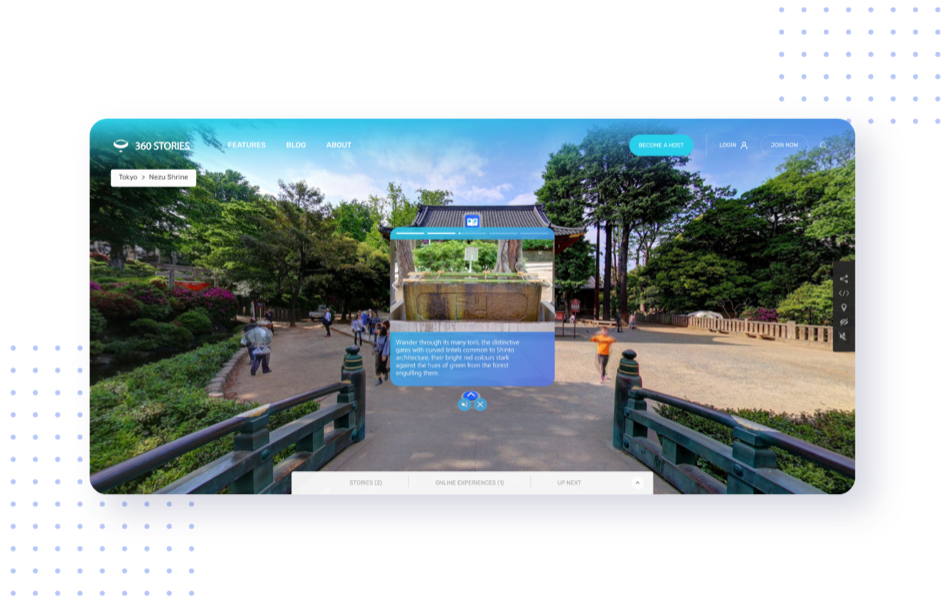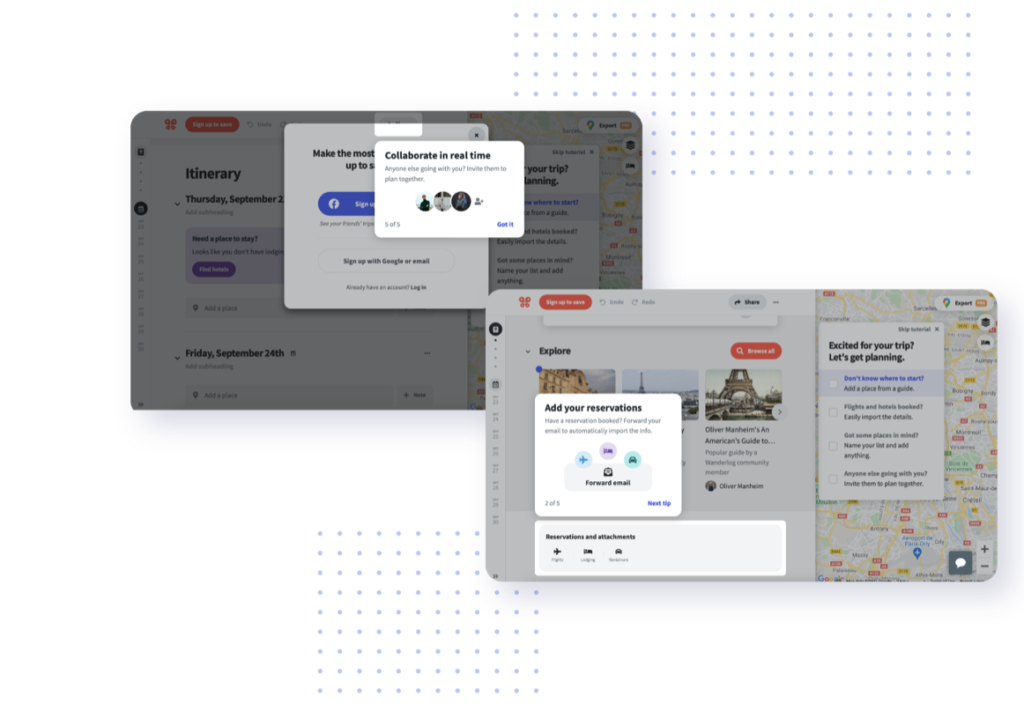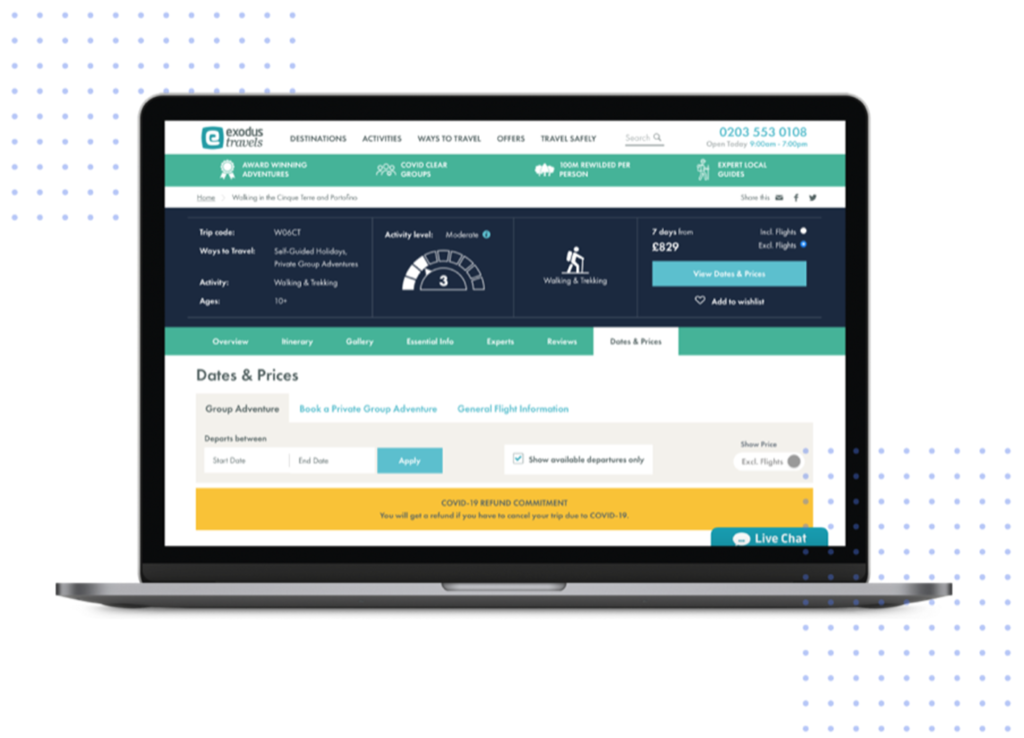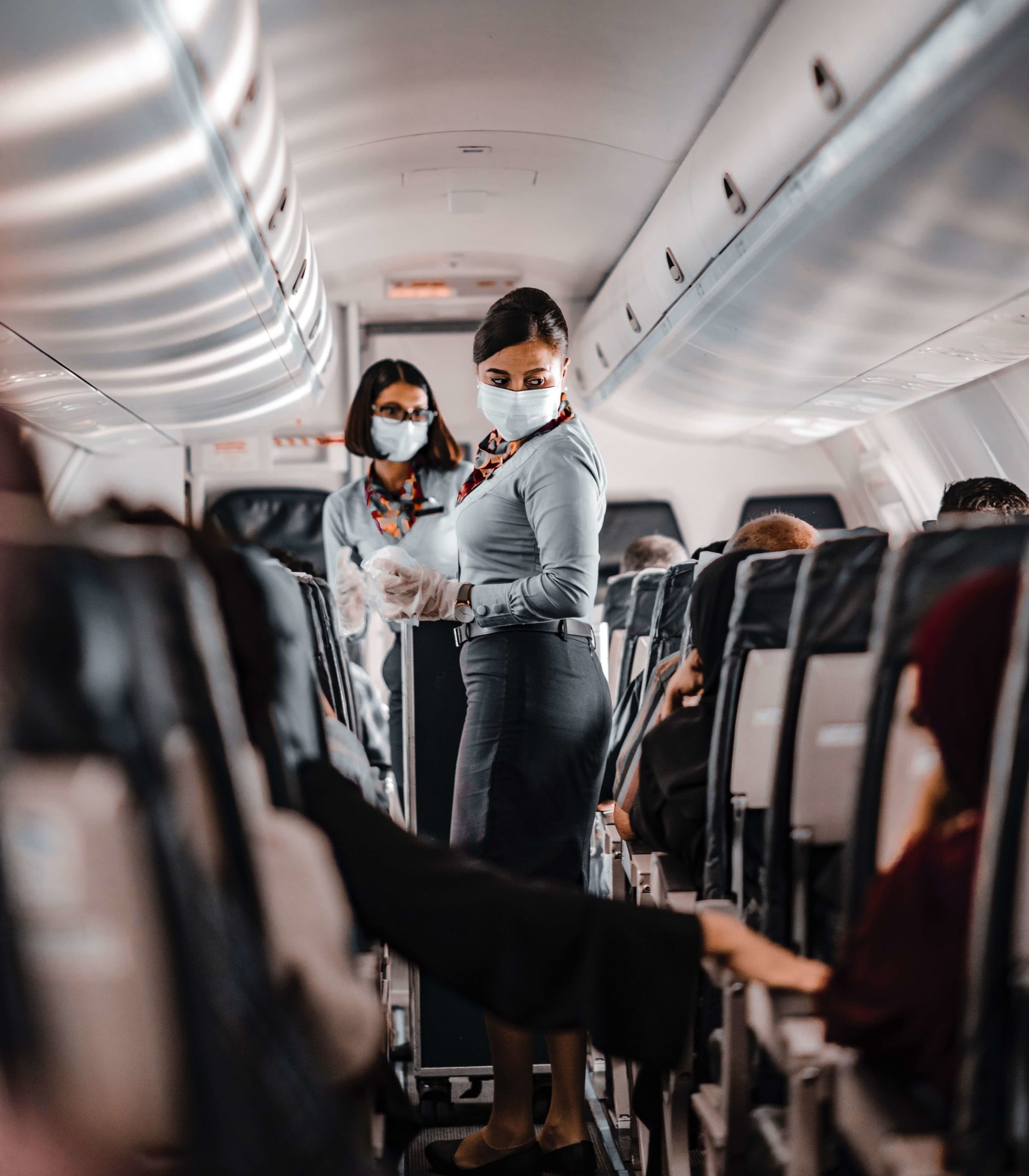
BY PETER HONNOR, PRODUCT DIRECTOR
What makes a great digital travel experience?
The 2020's have been quite the time for the travel industry!
As we start to see a significant uptick in travel bookings, we decided to ask the question:
“In a post-Covid world, what does a great digital travel experience look like and what do travel providers need to consider as part of their offering?
If we look at the key stages of travel, there are clear differences between what is needed in the 2021/22 experience compared to the 2019/20 one.
Dreaming
At the start of any travel booking process, users love to dream about the exotic places they could visit.
On an emotional level, Covid appears to have compounded and driven users’ desire to ‘get away from it all’. As such, destination selection, imagery and great content are integral for winning users’ hearts during this stage.
More than ever, travel providers must deliver truly aspirational and inspirational content across their digital channels, allowing users to mentally take themselves out of the last few years of disruption.
Who's doing it well?

Planning
This is potentially the area that Covid and Brexit have impacted the most.
Due to ever-changing, ever-differing, and sometimes conflicting, requirements across travel destinations, clear advice on how and when to plan is vital. Quite simply, the old approach of finding somewhere to visit, booking a hotel and flight before heading to the airport is now sadly gone.
During planning, travel providers must provide up-to-date information on any restrictions and local requirements, including detailed information on which vaccines are required and their associated documentation.
To deliver this, travel providers must provide this information as a key part of their planning process - it cannot be hidden away on a FAQ page or buried within a hidden tab. This may require some redesign of the current experience, both on interaction and visual design levels. Importantly, users will only move to the booking stage once they are happy, secure and confident that their plans are realistic and secure.
Finally, due to previous travel restrictions, more and more users are planning to travel with friends they've been unable to see. As such, social booking experiences must be possible on a provider's digital platforms. The ability to create, share, modify, discuss and change plans, with more than just the booker, must be core to any digital offering.
Who's doing it well?

Booking
Once again, users must be fully informed and aware of the implications of Covid for their travel plans. There is still a huge mental hurdle for users to overcome in the current climate, and this is where travel providers must work exceptionally hard to ensure users finally click that ‘Book Now’ button.
Travel providers can, and must, support users during booking by offering reassurance and guidance about what happens if Covid impacts their plans. This could include insurance or the ability to rebook the trip if needed. Whatever it is, it must be front and centre during the booking process, not an afterthought or extra add-on at checkout.
Lastly, Covid has created pent-up demand in the travel sector. Now, more than ever, a seamless and effortless final booking user experience must be delivered and is key to successful conversion. So now is the time to review all of those UX tweaks and updates to your booking flow that have been sitting in your product backlog for far too long.
Who's doing it well?

Experiencing
Leading up to the departure date, travel providers must understand that they are still vital in providing a great holiday. More than ever, relevant, consistent and accurate communication leading up to departure is key for users to hold the same reassurance and comfort they had during the booking phase.
As we all know, travel requirements and restrictions can change. If this does happen, providers must offer a quick, simple and easy way for users to rebook their travel rather than canceling it all together. We must understand that changes to travel can and will happen more frequently and with less notice than ever before. The reputation and engagement of all travel providers will now be judged on how well they react to, and facilitate, these changes.
It would be an understatement to say that Covid has significantly changed the travel industry, both for users and travel providers. However, as before the pandemic, a company's digital products play a crucial role in overcoming the challenges presented to them.
Where could you enhance the customer experience, reduce cancellations, or elevate your travel business, with technology?

Input your search keywords and press Enter.